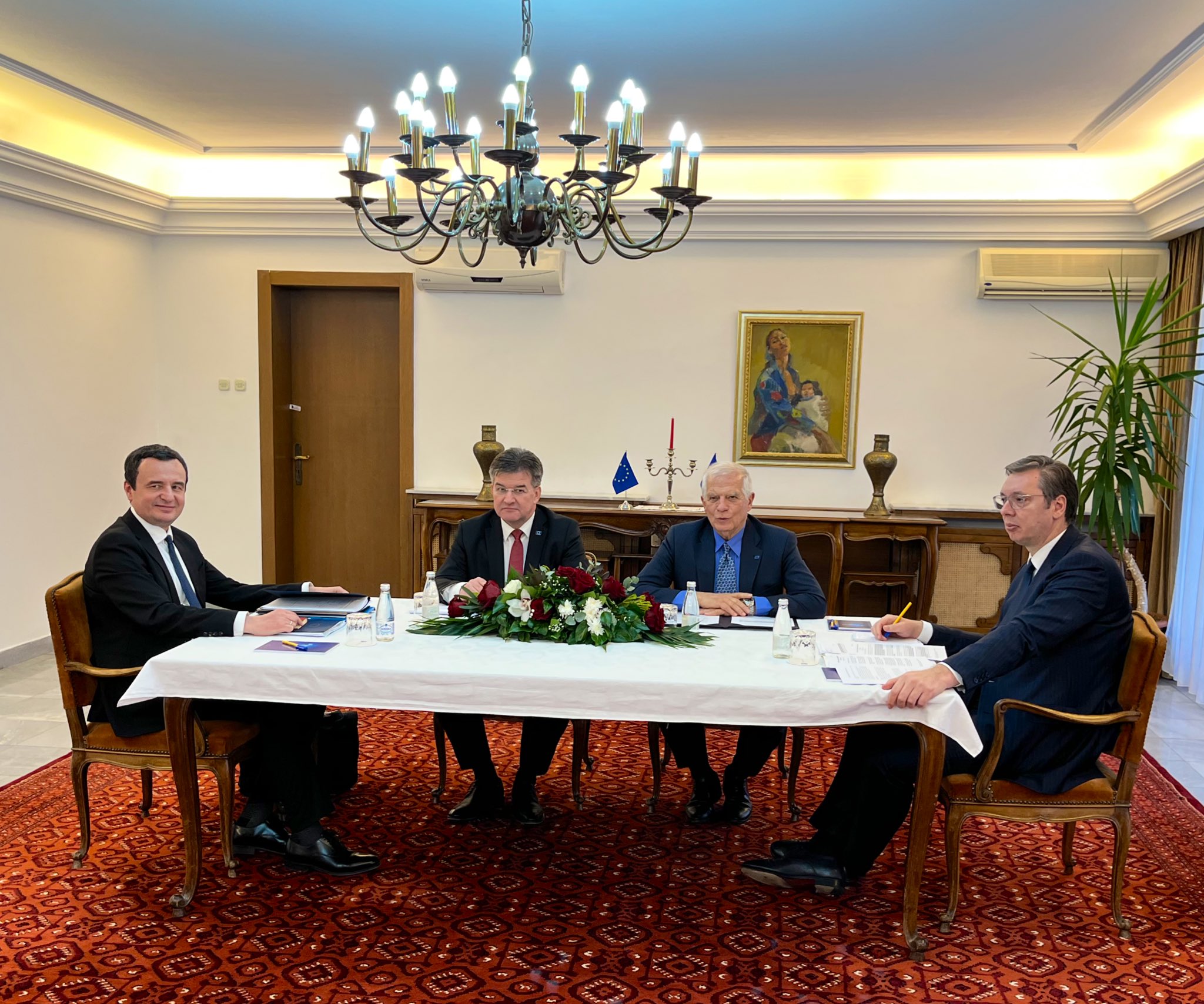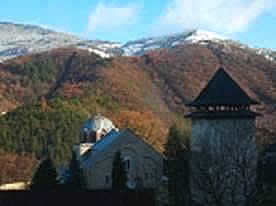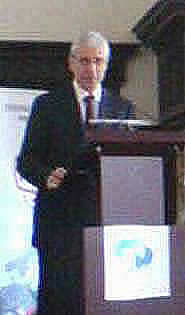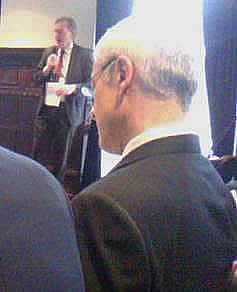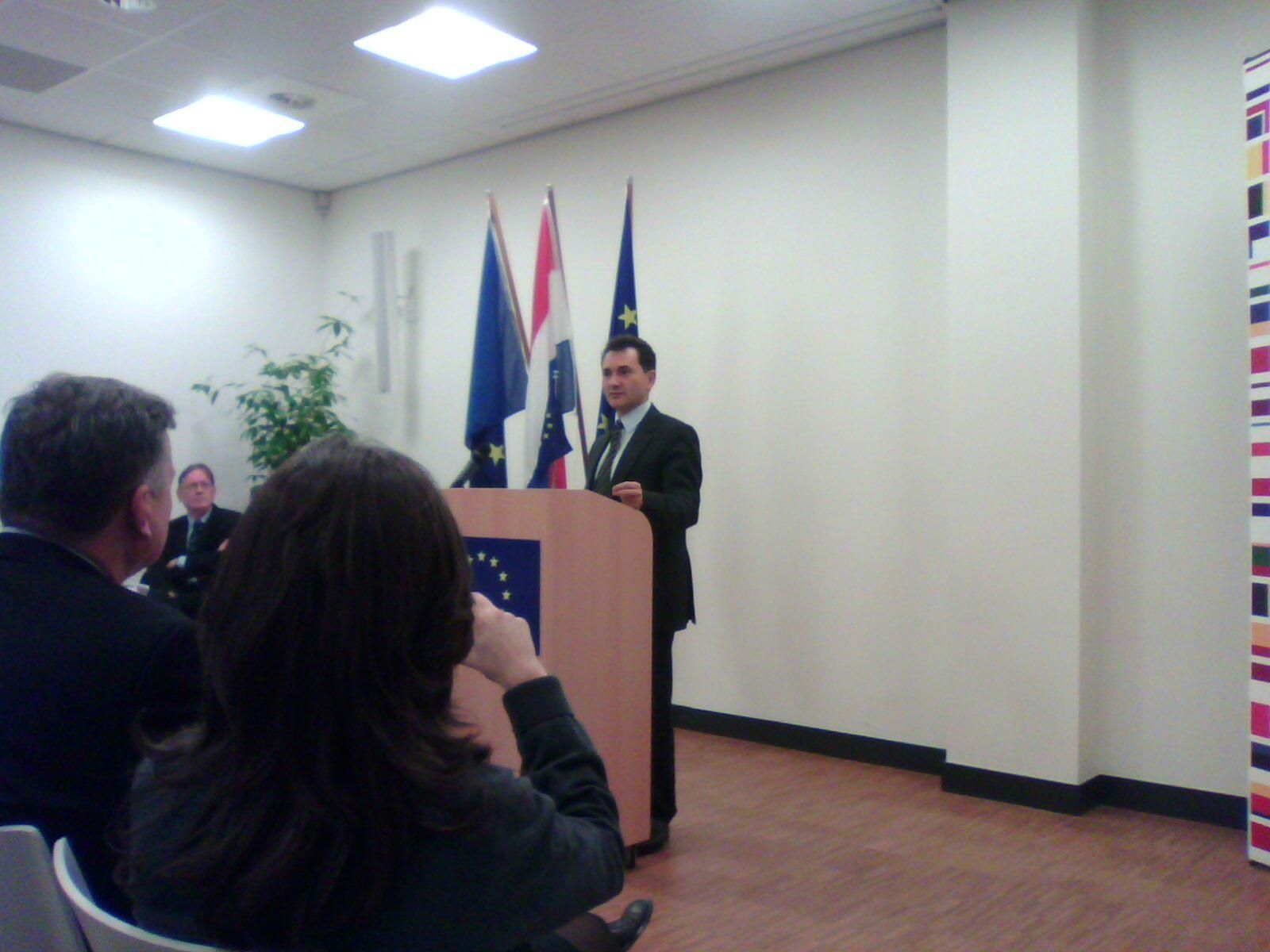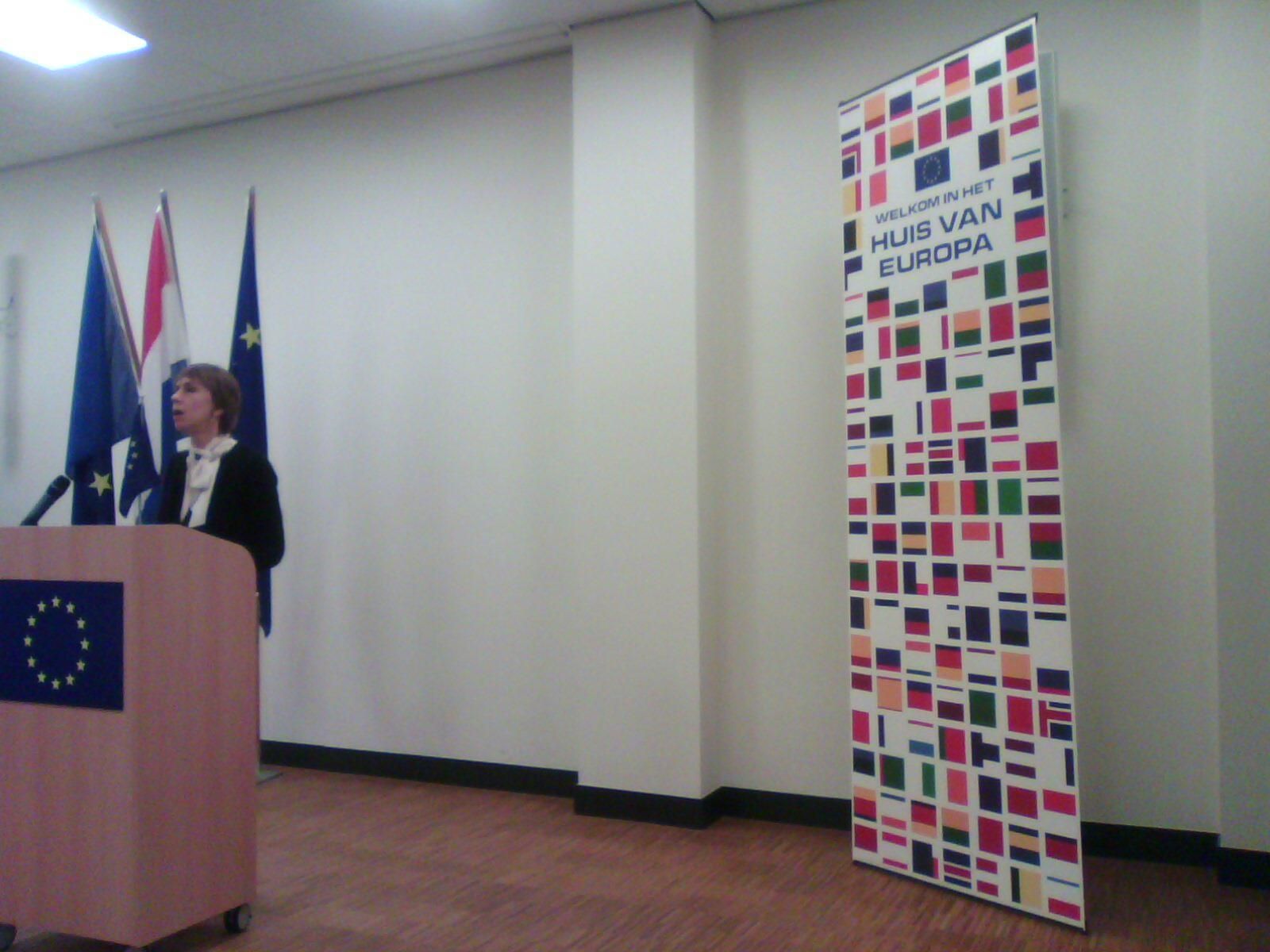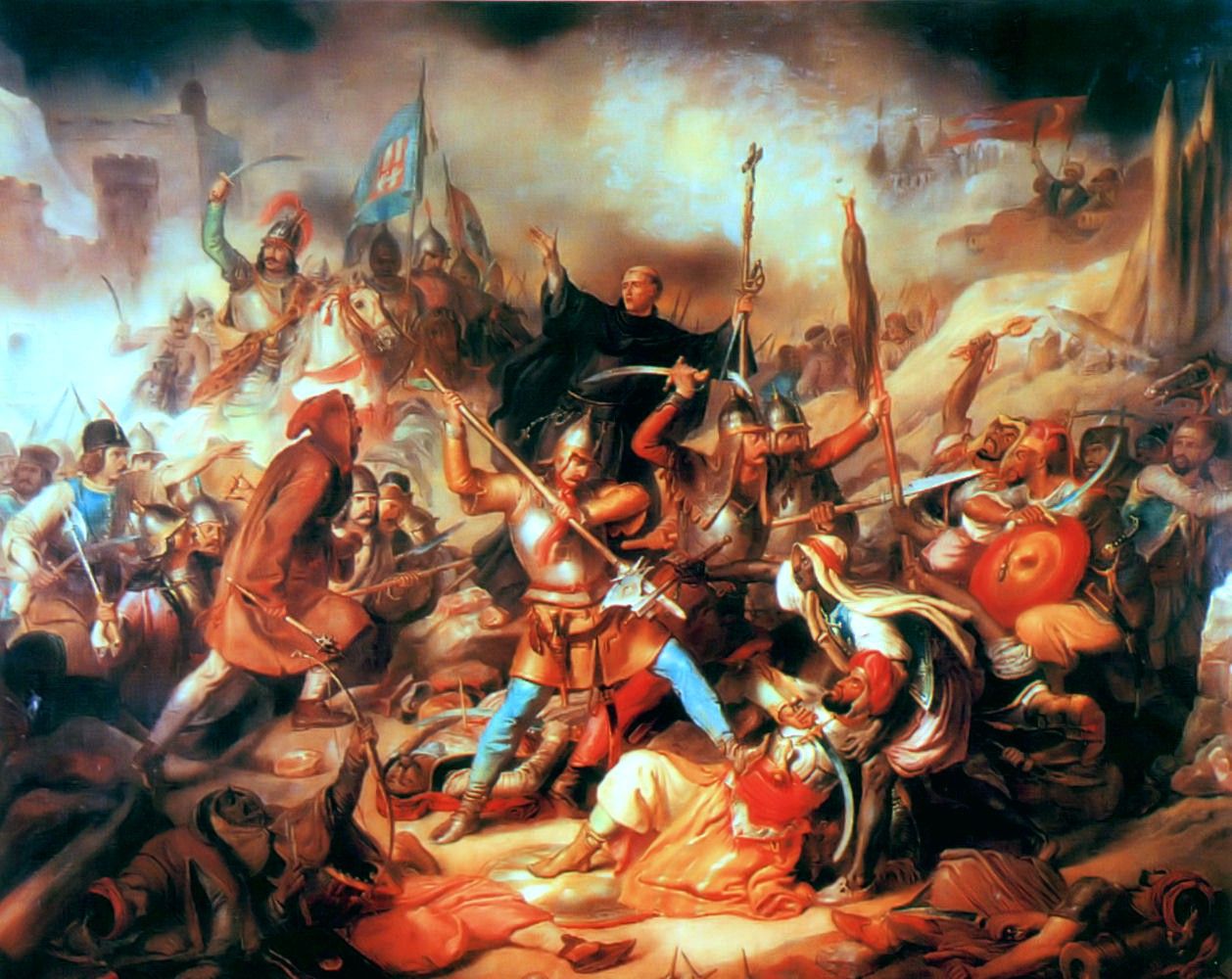On Wednesday 20 February 2013, the Serbian and Kosovo prime ministers, Ivica Dacic and Hashim Thaci, failed to iron out their differences on the Serb-run north of Kosovo - but pledged to keep talking.
The talks are due to resume on March 4. Kosovo wants Serbia to dismantle its so-called "parallel" structures in the north, while Serbia wants to see broader autonomy offered for all Serb-populated areas in Kosovo first. Since the end of the Kosovo conflict in the late 1990s, the region has been beyond the Kosovo government's control, while Serbia has continued to finance local security, judicial, health and educational institutions. Kosovo describes the north as an “oasis of organized crime”, accusing Serbia of obstructing the integration of the area.
Meanwhile, Serbian officials, including deputy prime ministers Aleksandar Vucic and Suzana Grubjesic, and Milica Delevic, head of Serbia's parliamentary Committee on EU Integration, travelled to Berlin on Wednesday to talk to German officials and especially Bundestag members on Serbia's readiness to begin talks and of their willingness to "normalise" relations with Kosovo. The support of German parliamentarians is crucial because the Bundestag must first sign off the deal before Germany can agree to an opening of EU accession talks.
Foreign Minister Guido Westerwelle said after meeting Vucic on Wednesday that Germany supported Serbia's EU hopes but will not give up on its set criteria. Niklaus von Lambsdorff, Germany's special envoy for the Balkans, said on Wednesday that while all attention was now focused on the Serbia-Kosovo dialogue, this was not the only thing on the agenda. "Serbia has a whole range of reforms to do," he said. However, EU sources indicated that Brussels wants to reward Serbia for investing efforts in the Kosovo issue.
Since the Serbian Progressive Party took power in Serbia following May 2012 elections, talks with Kosovo have been raised to a higher level and the two countries have appointed liaison officers. They have also started implementing earlier agreed deals. EU-mediated talks between Serbia and Kosovo started in March 2011, three years after Kosovo declared independence from Serbia. Serbia has vowed never to recognise Kosovo as a state, but says it is open to deals that improve daily lives on both sides of the [from Serbia's point of view unrecognised] border. So far, the two sides have reached deals on freedom of movement, university diplomas, regional representation, customs, liaison officers, and on trade.
In December, EU foreign ministers said they would not recommend a date for talks until they saw more signs of progress in the Belgrade-Pristina dialogue. After the European Commission presents its report on the issue on April 16, the Council will decide on June 28 whether to give Serbia a start date or not. |
